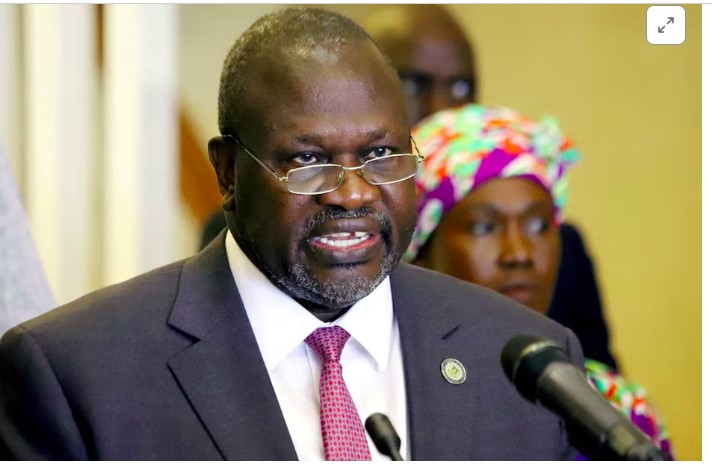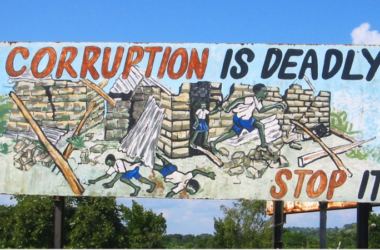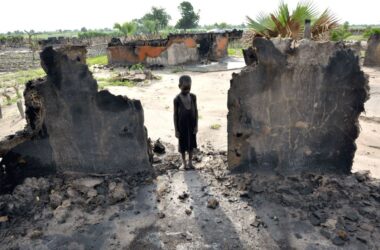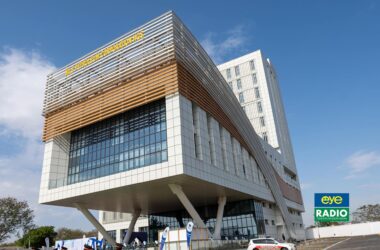By Lodu William Odiya
The defense lawyers for the suspended Vice President Dr. Riek Machar Teny question the Jurisdiction of the court in handling the ongoing court case.
The Special Court proceedings in the case of Dr. Riek Machar and his associates have been adjourned due to a counter-argument between the suspects’ defense lawyers and the government prosecution team over the competence of the court.
During the court proceeding, the defense lawyer’s team, led by Adv. Dr. Geri Raimondo Lege, questioned the jurisdiction and the competency of the court to handle the case.
“This tribunal has no legal standing to prosecute the First Vice President,” Dr. Raimondo-Legge told the court. “Both the Constitution and the Peace Agreement affirm the supremacy of specialized judicial mechanisms in such matters.”
The defense further argued that constitutional immunity applies to high-ranking officials like Dr. Machar, and that no formal impeachment or parliamentary process has been undertaken to lift this immunity.
Responding for the state, AJo Ohisa, representing the Ministry of Justice, asserted that the court was lawfully established and empowered to hear the case.
“This tribunal was constituted in accordance with existing laws and does not violate the Constitution or the peace agreement,” said Adv. Ajo. “Immunity cannot be used as a shield against criminal accountability.”
The defense team further raised objections regarding the legal authority of the Special Court to try Dr. Riek Machar and the appearance of a private lawyer during the court proceeding.
“We object to the appearance of a private advocate because, as we have heard from the security, our complainer, the appearance of any private advocate is inconsistent with the provision of Article 133 of the Constitution of the Republic of South Sudan,” he stated.
The defense lawyer team further suggested that the matter be adjudicated under a hybrid court framework.
Their argument appeared designed to challenge the jurisdiction, competence, and credibility of South Sudanese judicial structures and potentially relocate the trial outside the country.
“Dr. Riek Machar should not be tried by this incompetent court, which lacks jurisdiction,” Dr. Raimondo said.
The prosecution team, represented by advocate AJo Ohisa, countered these arguments, affirming that the Special Court is lawfully constituted under the Transitional Constitution and the powers of the Chief Justice.
Furthermore, the Constitution provides the President with authority to remove a Vice President accused of serious offenses.
However, they vowed to submit a filed formal written document tomorrow as a response to the objections raised by Dr. Riek Machar Teny’s defense team.
The responses would address some issues, which include the competency and jurisdiction of the court, and clarify whether the current court has the legal mandate to preside over the Machar case.
The document would also answer the objections about the participation of private lawyers in the government’s legal team.
“We have given our copies of the snapshot. If you want a detailed one, we can provide it by tomorrow morning,” a member of a prosecution team said after being asked by the head of the defense team to provide written documents.
Reporters from both local and international media houses were blocked at the gates of the Freedom Hall, as security officials enforced a directive allowing only journalists from the state-owned South Sudan Broadcasting Corporation (SSBC) inside the courtroom.
However, at the start of the court proceeding, the presiding judge gave some ground rules to the media houses to follow as they cover the event.




